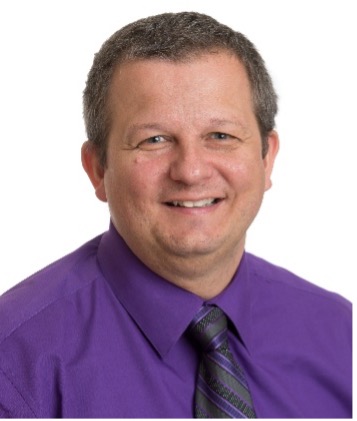Cesium by the Ocean: Improving the analysis of environmental samples from the Fukushima Province
 SPEAKER:
SPEAKER:
Ralf Sudowe
Professor of Radiochemistry & Health Physics
Colorado State University
DATE/TIME: FRI, 08/27/2021 – 3:00PM TO 4:00PM LOCATION: zoom Fall 2021 Colloquium Series Abstract:The goal of radioanalytical chemistry is to identify and quantify radioisotopes present in a variety of samples. It combines advanced radiochemical separations with state-of-the art radiation detection techniques and provides information on the origin, speciation, and mobility of the material. It plays an important role in evaluating its impact on humans and the environment. The analysis of air, water, soil, and bioassay samples builds the foundation of operational environmental monitoring. However, the need for improved sample analysis methods became also apparent in the aftermath of the reactor accident at the Fukushima Nuclear Power Plant. The elevated salinity of sea and ocean water results in a complex matrix that hinders the isolation, characterization, and determination of the radioisotopes of interest. This presentation will discuss recent research aimed at developing analytical techniques for such challenging types of samples and give examples of their application.
About the Speaker:Ralf Sudowe is Professor of Radiochemistry & Health Physics in the Department of Environmental & Radiological Health Sciences at Colorado State University. His research focuses on the development and optimization of advanced radiochemical separations for environmental monitoring, emergency response, nuclear forensics, nuclear safeguards, and isotope production. Dr. Sudowe received a M.S. in Chemistry and a Ph.D. in Nuclear Chemistry from the Philipps-University Marburg in Germany. He spent two years as Visiting Postdoctoral Fellow in the Nuclear Science Division at Lawrence Berkeley National Laboratory and worked several years as a staff scientist in the Nuclear Science and Chemical Sciences Division at LBNL. From 2006 to 2016, Dr. Sudowe was a faculty member in the Department of Health Physics & Diagnostic Sciences at University of Nevada Las Vegas, where he held positions as Assistant & Associate Professor.